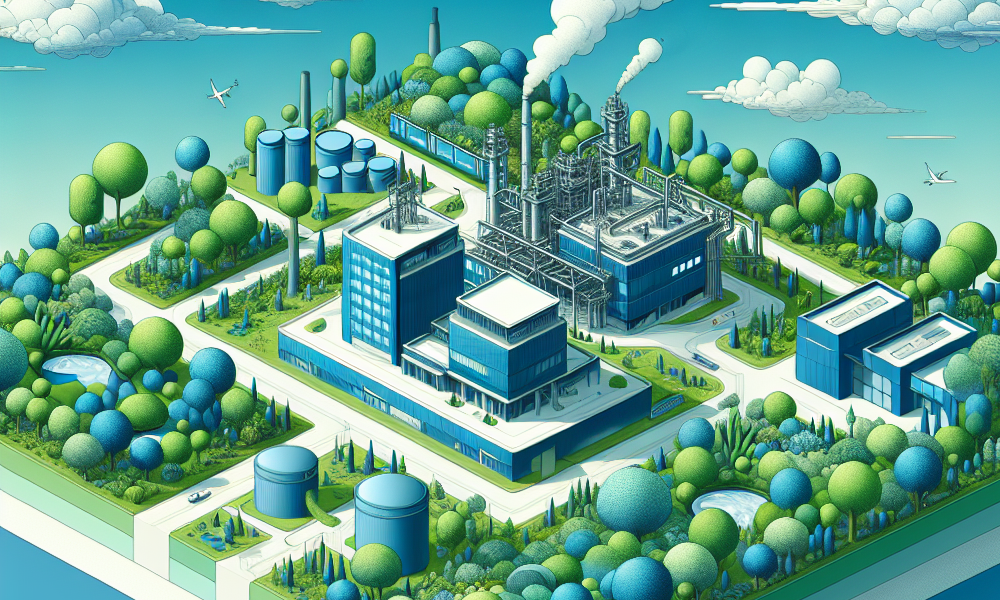Tag: Incentives
Why Green Industries Are the Future of Profitable Businesses?
The world is undergoing a significant transformation as businesses and governments place greater emphasis on sustainability. Green industries, which focus on environmentally ...






